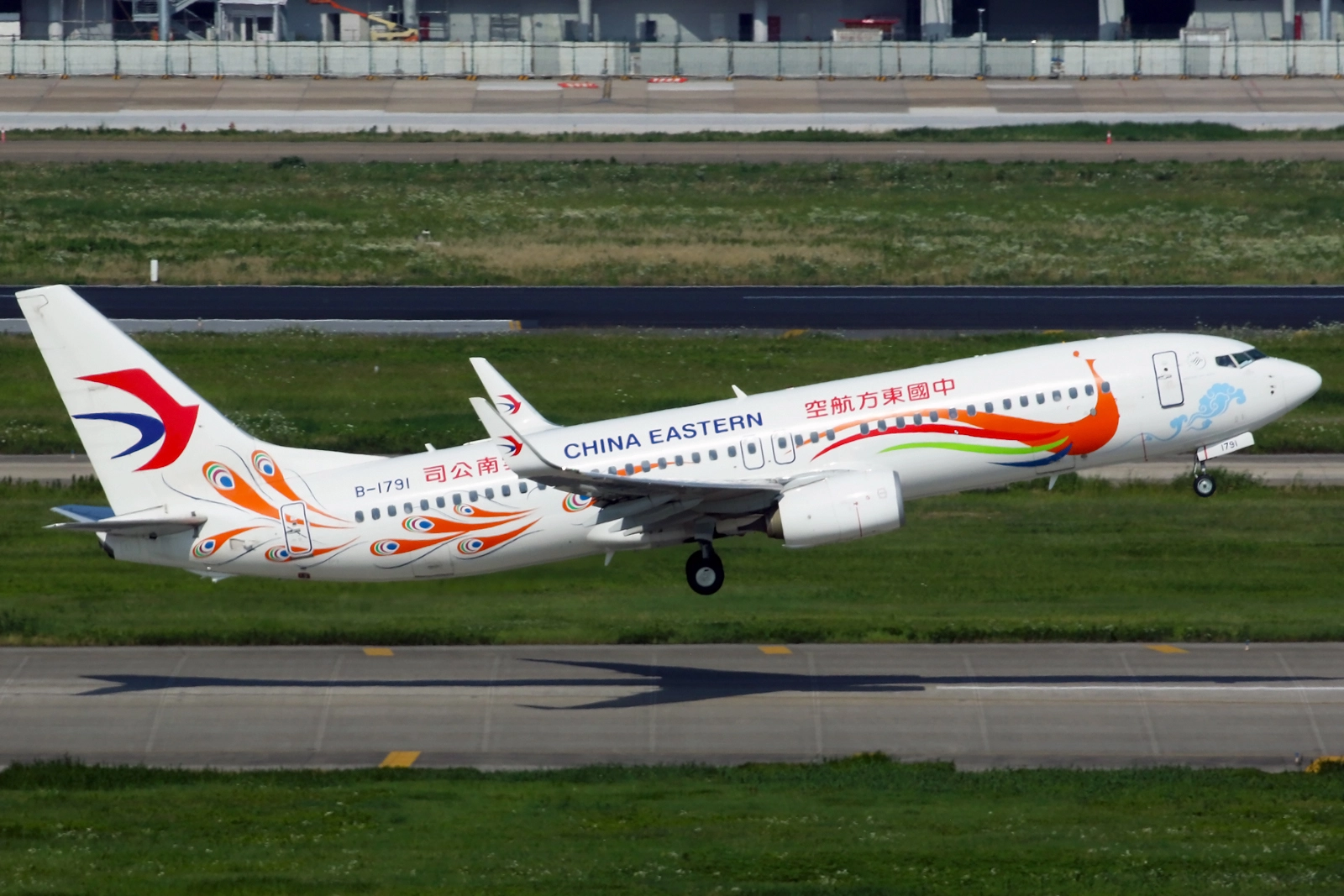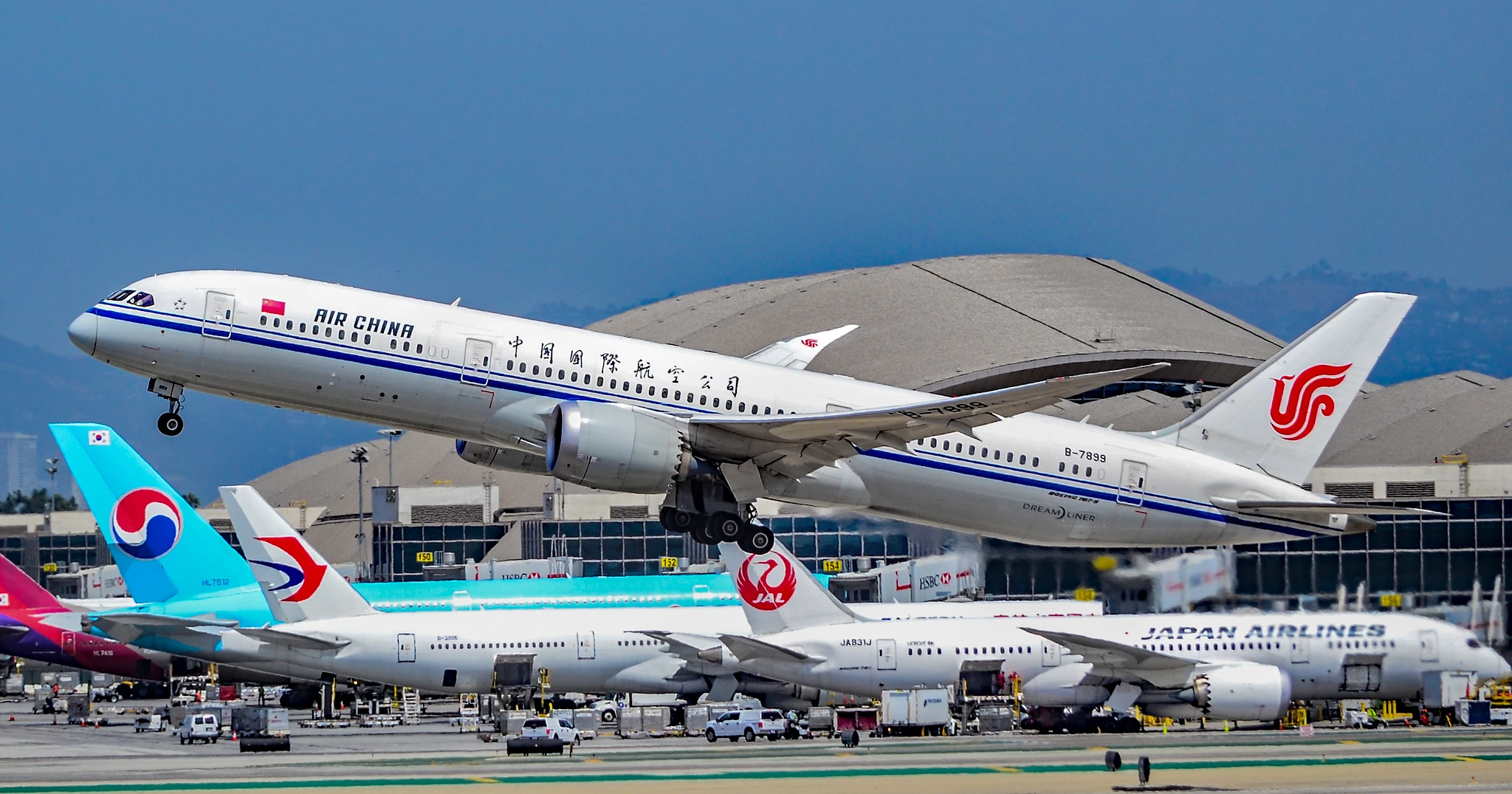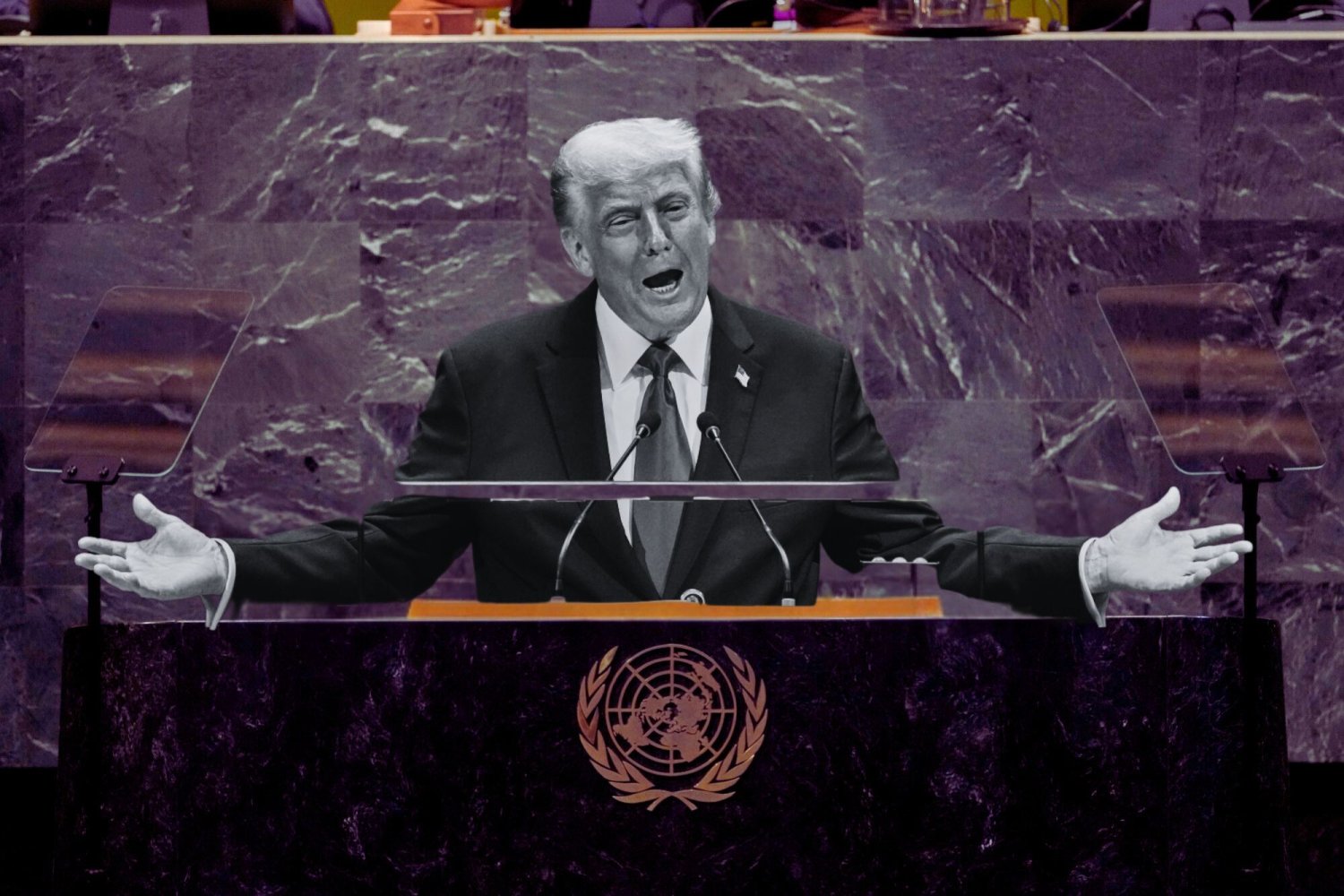
BEIJING— A delegation of U.S. lawmakers emphasized a potential Boeing deal in conversations with Chinese leadership during their visit to Beijing. The group touted plans for Chinese purchases of as many as 500 Boeing aircraft.
In addition to bringing renewed optimism to transpacific aviation ties, the delegation also engaged China’s top political and economic figures on defense, trade, and bilateral relations, signaling broader strategic aims.
 Photo: By Dennis HKG – https://www.flickr.com/photos/79691705@N05/51966478673/, CC BY 2.0, https://commons.wikimedia.org/w/index.php?curid=125486185
Photo: By Dennis HKG – https://www.flickr.com/photos/79691705@N05/51966478673/, CC BY 2.0, https://commons.wikimedia.org/w/index.php?curid=125486185Boeing Eyes 500 Aircraft Order
The lawmakers’ visit is the first U.S. House delegation to China since 2019 — it seeks to push forward stalled aerospace negotiations amid frayed U.S.-China relations. Earlier, U.S. Ambassador to China David Purdue indicated that talks were in their “last days or weeks,”.
The U.S. delegation, led by Representative Adam Smith, pressed China’s leaders for commitment on a Boeing aircraft purchase. He was quoted in Reuters as having said that “it’s been a while since Boeing airplanes have been sold here in China.”
These words stress the U.S. intent to revive major sales. The reported deal involves up to 500 jets — a massive agreement that would mark a significant recovery in Boeing’s China business.
Ambassador Purdue confirmed that negotiations have advanced toward the final stages and described the deal as “very important to the president.” China’s aviation market is strategically critical for Boeing, given that China represents the world’s second-largest air travel market.
 Photo: By Tomás Del Coro from Las Vegas, Nevada, USA – B-7899 Air China Boeing 787-9 Dreamliner s/n 34311, CC BY-SA 2.0, https://commons.wikimedia.org/w/index.php?curid=63559473
Photo: By Tomás Del Coro from Las Vegas, Nevada, USA – B-7899 Air China Boeing 787-9 Dreamliner s/n 34311, CC BY-SA 2.0, https://commons.wikimedia.org/w/index.php?curid=63559473Strategic Diplomatic Agenda
During their visit, the lawmakers met high-ranking Chinese officials, including Li Qiang, Premier of the State Council, and economy czar He Lifeng. They also met with Defense Minister Dong Jun, where U.S. delegation members raised military dialogue and mutual security risks.
Representative Smith stressed that when strategic forces grow large, dialogues become essential to avoid miscalculations. The bipartisan delegation includes figures such as Ro Khanna, whose purview encompasses technology and trade policy.
Khanna has been vocal about U.S. competitiveness in technology and especially in relations with China. Their engagements are not limited to avionics and trade; they also touched on defense, semiconductors, and geopolitical tensions over Taiwan and the South China Sea.
 Photo: byeangel | Flickr
Photo: byeangel | FlickrImplications: U.S.-China Relations
A successful aircraft deal would represent a major breakthrough for Boeing after years of stalled Chinese orders, largely due to geopolitical headwinds. Sustained sales to Chinese airlines would not only restore Boeing’s presence but also signal a thaw in aviation trade tensions.
However, the broader U.S.-China relationship remains constrained by unresolved issues such as semiconductor export restrictions, tariff policies, and military competition in the Indo-Pacific.
Even as the lawmakers praise Boeing’s prospects, they continue to push for greater dialogue on security and trade policy.
 Photo: By Bill Abbott – ADSC_0548, CC BY-SA 2.0, https://commons.wikimedia.org/w/index.php?curid=54266342
Photo: By Bill Abbott – ADSC_0548, CC BY-SA 2.0, https://commons.wikimedia.org/w/index.php?curid=54266342Bottom Line
On the ground, Boeing recently maintained a presence in China through its plant operations, for example, in Tianjin, and the company’s prior reliance on Chinese orders means that resumption now carries strong economic and symbolic weight.
Observers will watch whether the Chinese side publicly confirms any deal or ties it to broader diplomatic conditions.
Stay tuned with us. Further, follow us on social media for the latest updates.
Join us on Telegram Group for the Latest Aviation Updates. Subsequently, follow us on Google News
Why Boeing 777 Flights Cause More Fatigue Than Newer Aircraft
The post This Aerospace Company Can Get 500 Aircraft Order from Chinese Airlines appeared first on Aviation A2Z.












